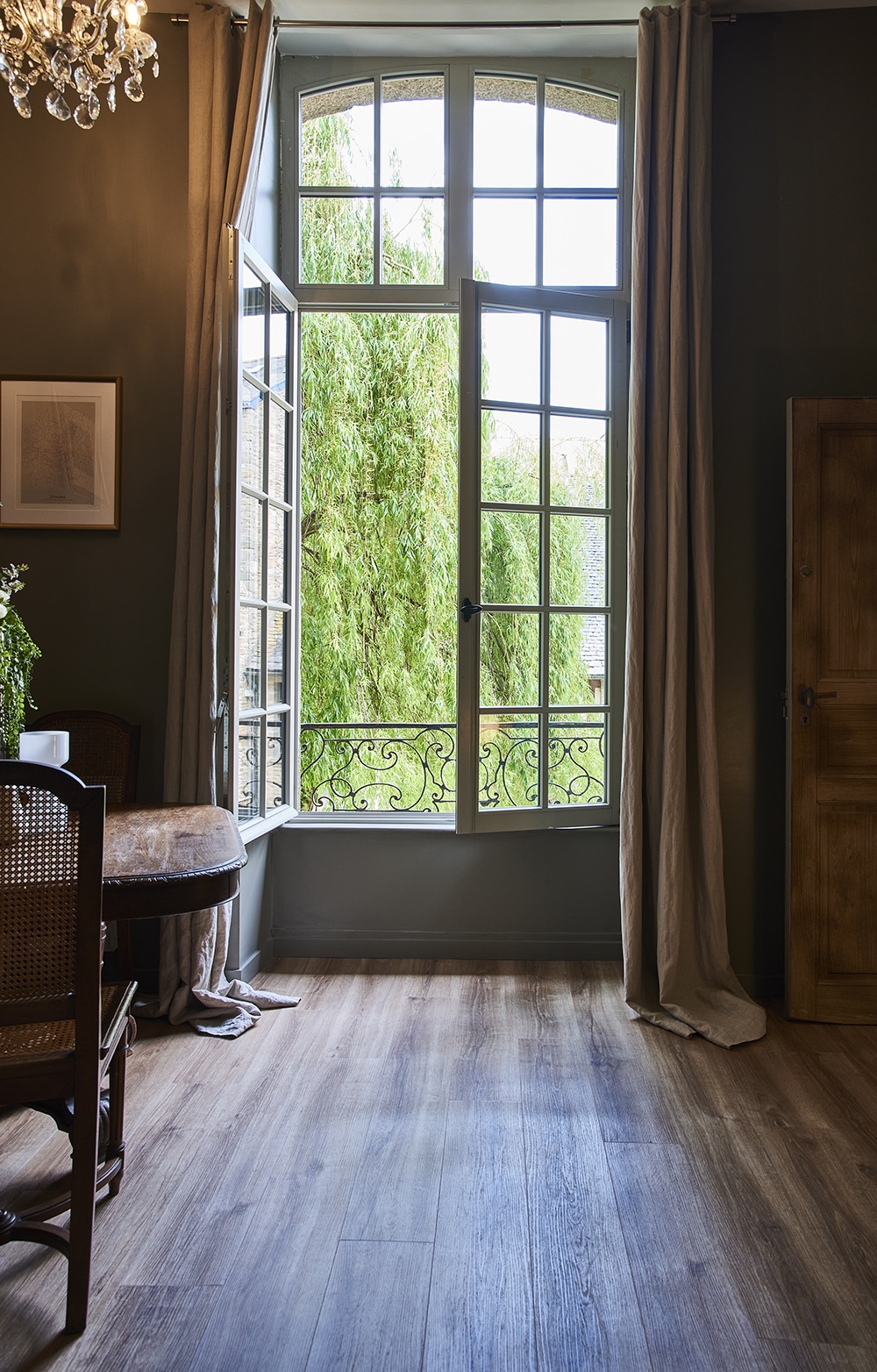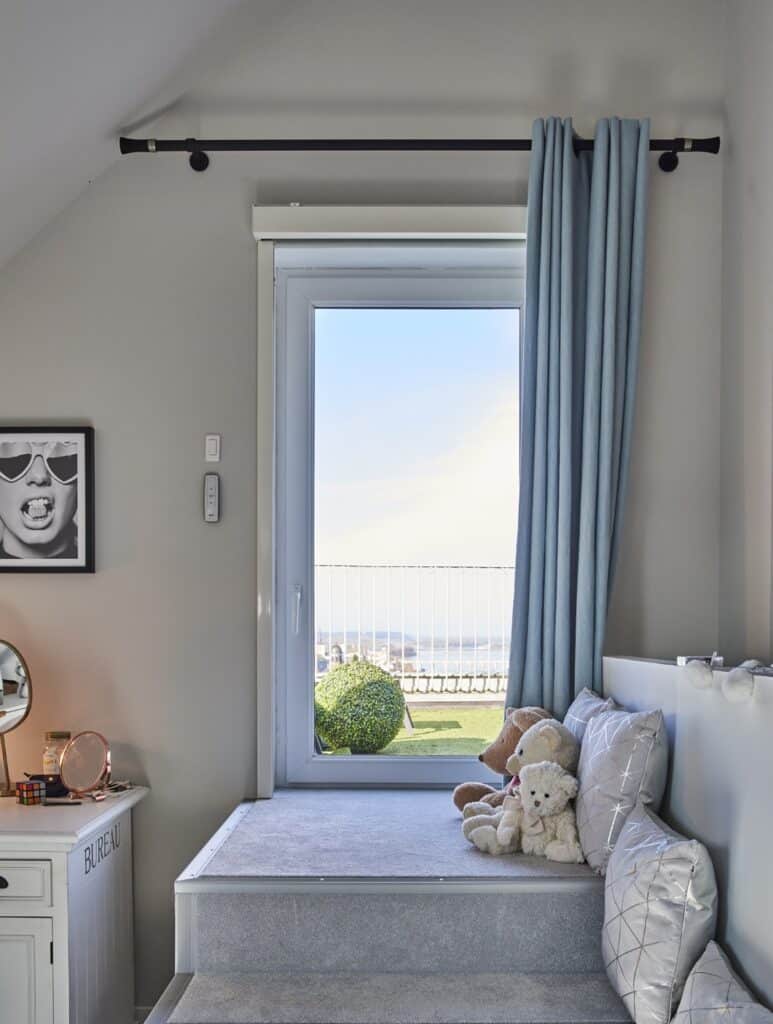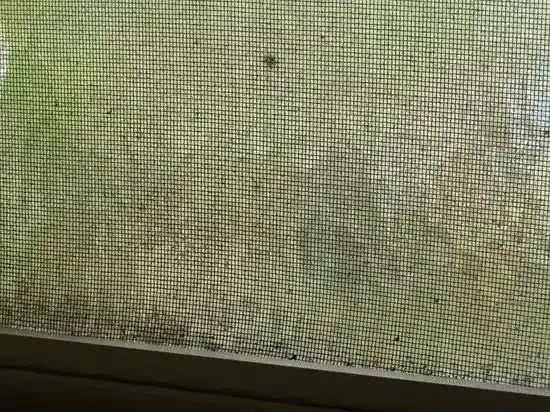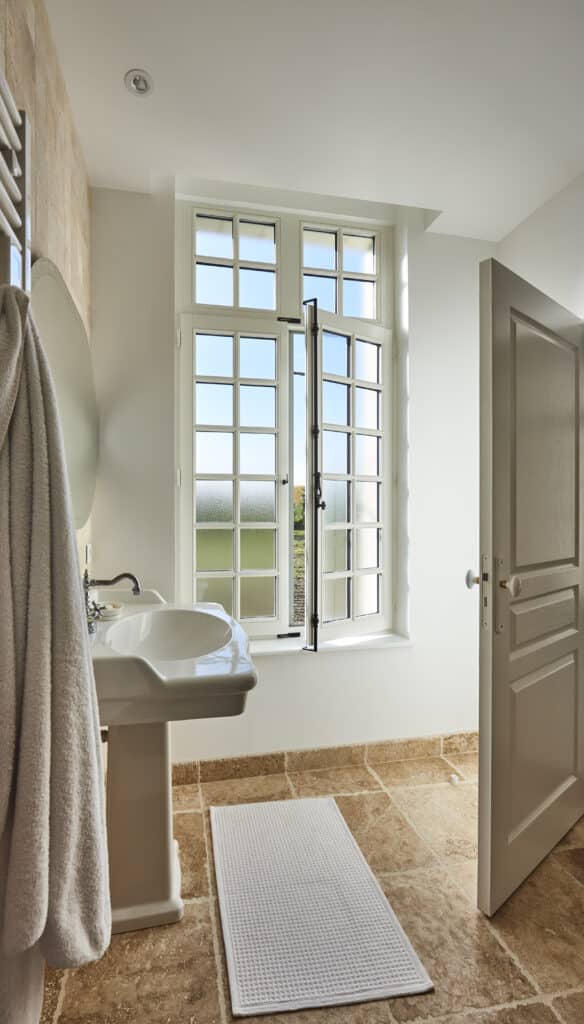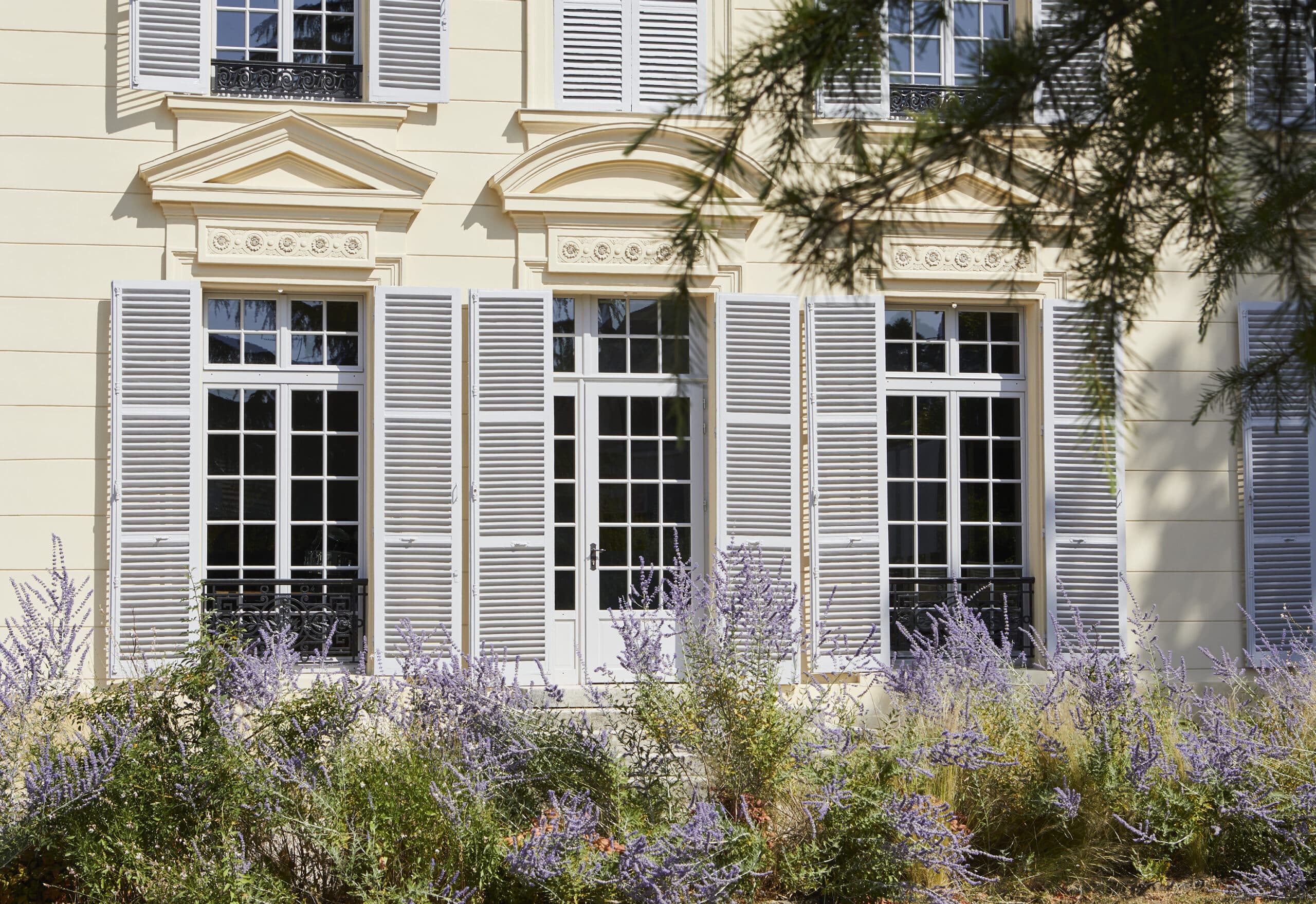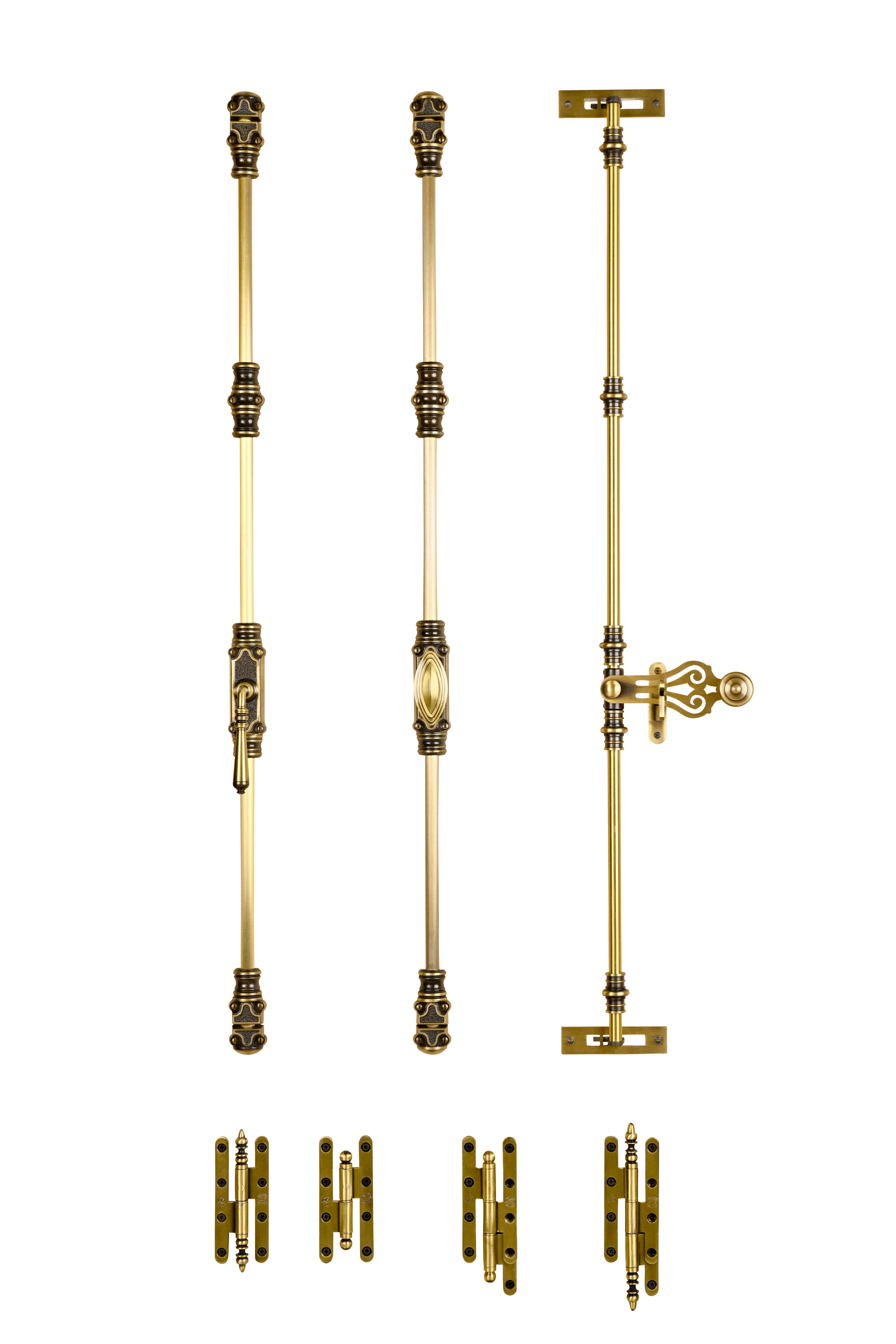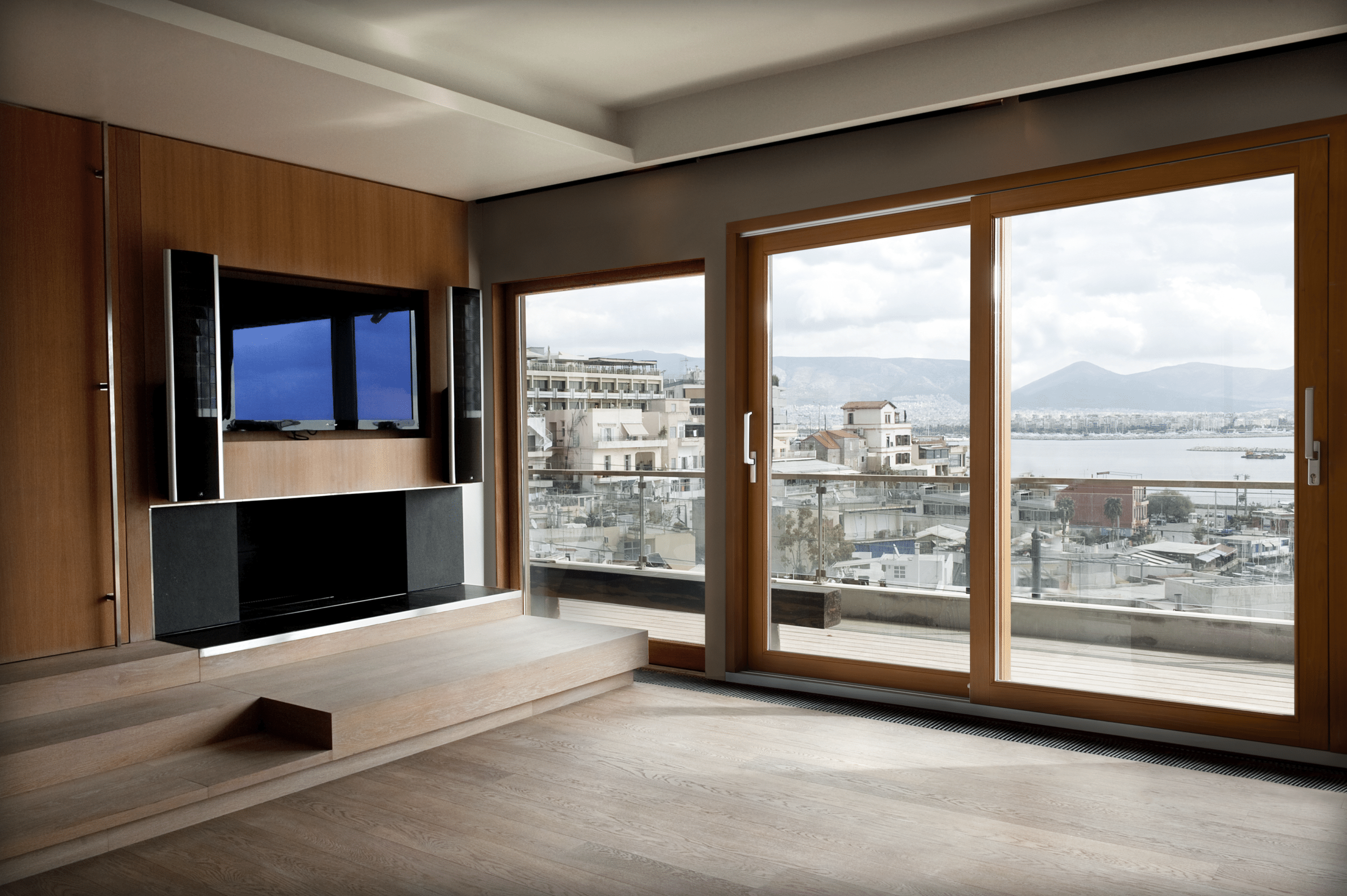Luxury living is all about embracing the finer details, indulging in exquisite design, and savoring the utmost comfort. When it comes to creating luxurious spaces, every element counts, including the windows. Maison Janneau, a distinguished French window manufacturer dedicated to the luxury market in the United States, understands the significance of windows in elevating the ambiance of high-end homes.
The history of insect screens
The concept of screens to keep out insects dates to ancient times. People in various cultures used woven materials to cover windows and doors to keep out bugs while allowing air to flow freely. These were rudimentary compared to today’s screens but laid the foundation for future developments.
The modern insect screen, as we know it, emerged in the United States in the mid-1800s. The reference to “woven wire for window screens” in the American Farmer publication from 1832 is the first mention of traditional fly screens. An advertisement for “wire window screens” first surfaced in Boyd’s Blue Book, an American directory, in 1836. Two wire window screens from 1839 were on display at Quincy Hall, a busy harborside market in Boston, in 1939.
Early screens were made from woven wires of bronze, galvanized steel, or other metals. By the mid-20th century, new materials like aluminum and fiberglass offered lighter, more durable, and rust-resistant alternatives, revolutionizing the design and functionality of screens.
Disadvantages of insect screens on luxury windows:
While they are very common in some parts of the United States, it’s important to consider their potential drawbacks in high-end residential design:
- Screens require regular cleaning to maintain their appearance and functionality. Dust, pollen, and other outdoor elements can accumulate on the mesh, necessitating additional maintenance efforts.
- They can easily be damaged by animals (dogs, cats and wild animals) or by weather conditions. This means replacement happens often.
- While screens keep insects out, they can also slightly restrict airflow. In environments where maximizing natural ventilation is a priority, this can be a disadvantage, potentially leading to a reliance on mechanical ventilation.
- Finally, adding insect screens to the project means having an additional budget which could be used for other important purposes.
The aethestic incompability of window screens in high-end residential design:
While some may argue that window screens just make everything easier, the most important aspect of luxury homes is the overall esthetic. To this day, most solutions impact the exterior or interior design of the house:
- Insect screens can detract from the architectural beauty of windows. For homes with custom windows, screens can obscure or alter the intended appearance, impacting the overall aesthetic appeal of the property.
- Screens can reduce the amount of natural light entering a room and can impact the clarity of the view outside. This can be a significant consideration in homes where maximizing natural light and enjoying unobstructed views are key design elements.
- Most American homes are built around fixed windows, because of the democratisation of the air conditioning system. Windows being rarely opened, insects cannot enter the homes anyway.
Living without insect screens
In regions like Europe, many people live comfortably without insect screens on their windows. Let’s explore how this is achievable while still ensuring a comfortable and bug-free living environment:
- Utilize strategic ventilation techniques. Opening windows during the day, when insects are less active, can minimize their entry. Cross-ventilation is also effective— opening windows on opposite sides of the home creates a breeze that discourages insects from settling.
- Natural insect repellents can be effective. Citronella candles, lavender, or eucalyptus can deter insects naturally.
- Keeping your home and its surroundings clean and free of standing water and food debris reduces the likelihood of insects breeding nearby. Regularly emptying and cleaning any outdoor containers that hold water can significantly reduce mosquito populations.
- Certain plants act as natural insect repellents. Lavender, marigolds, and lemongrass, for example, can be strategically planted around the home to deter insects. Additionally, maintaining a well-groomed garden reduces areas where insects might nest.
Conclusion
By combining these strategies, it’s possible to enjoy the benefits of screen-free windows while minimizing the discomfort and inconvenience caused by insects. This approach requires a balance of practical solutions and an adaptation to the environment, allowing us to live harmoniously with nature while enjoying our living spaces to the fullest.

